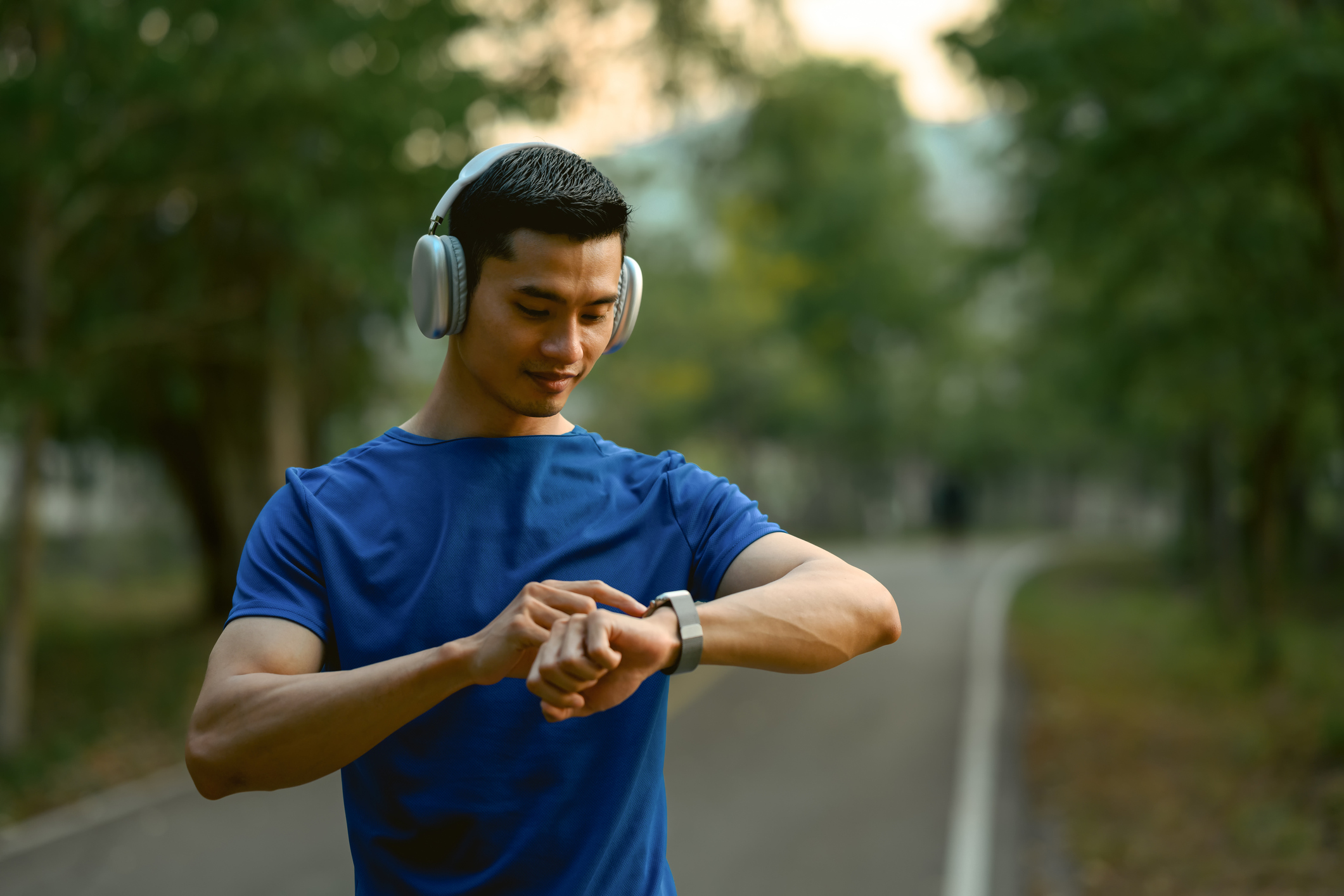AI-Powered Learning vs. Physical Health: Balancing Digital Education and Wellness in the Smart Tech Era
In today's rapidly evolving digital landscape, the intersection of AI-powered learning and physical wellness has become a critical focal point for educators, health professionals, and students alike. As we navigate through 2025, finding the right balance between leveraging cutting-edge educational technology and maintaining optimal physical health has never been more crucial.
The Rise of AI-Powered Learning
The educational landscape has undergone a dramatic transformation with artificial intelligence at its helm. According to recent data, AI-driven learning platforms have revolutionized how we acquire and process knowledge. These systems offer personalized learning experiences, adaptive curriculum adjustments, and real-time feedback mechanisms that were unimaginable just a few years ago.

Physical Health Challenges in the Digital Age
While digital education brings unprecedented opportunities, it also presents significant challenges to our physical well-being. The World Health Organization's latest digital health strategy highlights several concerns:
- Increased Screen Time: Extended periods of digital device usage
- Sedentary Behavior: Reduced physical activity
- Posture-related Issues: Musculoskeletal problems from prolonged sitting
- Eye Strain: Digital eye fatigue and related vision problems
The Integration of Wellness Technology
Modern solutions are emerging to bridge the gap between digital learning and physical wellness. Wearable technology tops the 2025 fitness trends, according to the American College of Sports Medicine (ACSM), offering innovative ways to monitor and maintain health while engaging in digital education.

Best Practices for Maintaining Balance
1. Smart Learning Environments
- Implement AI-powered ergonomic reminders
- Use adaptive lighting systems
- Integrate movement-based learning activities
2. Physical Wellness Integration
- Regular movement breaks programmed into learning schedules
- Standing desk options for digital learning
- Exercise-integrated learning modules
3. Digital Wellness Features
- Blue light filtering
- Posture detection algorithms
- Activity tracking integration
The Role of Educational Institutions
Educational institutions are increasingly adopting hybrid approaches that combine:
- Virtual learning environments
- Physical activity programs
- Wellness monitoring systems
- Mental health support
Future Trends and Innovations
According to McKinsey's latest report on wellness trends, the future of education will see:
- Immersive learning experiences with built-in movement components
- AI-powered health monitoring during study sessions
- Gamified wellness challenges integrated into curriculum
- Personalized physical activity recommendations
Impact on Learning Outcomes
Research indicates that balanced integration of physical activity with AI-powered learning leads to:
- Improved cognitive function
- Better retention rates
- Enhanced problem-solving abilities
- Increased student engagement
Practical Implementation Strategies
For Students
- Set up ergonomic learning spaces
- Use the 20-20-20 rule for eye health
- Incorporate movement breaks
- Utilize wellness apps alongside learning platforms
For Educators
- Design active learning experiences
- Implement wellness checkpoints
- Create movement-friendly virtual classrooms
- Monitor student wellness metrics
The Economic Perspective
Investment in AI-powered learning solutions that incorporate wellness features has shown significant returns:
- Reduced healthcare costs
- Improved productivity
- Better learning outcomes
- Enhanced student satisfaction
Recommendations for Sustainable Integration
Technology Selection
- Choose platforms with built-in wellness features
- Prioritize ergonomic compatibility
- Consider physical activity integration
Environment Design
- Create movement-friendly spaces
- Implement proper lighting
- Ensure proper ventilation
Policy Development
- Establish wellness guidelines
- Create movement policies
- Set screen time limits
The Path Forward
As we continue to embrace AI-powered learning, the focus must remain on creating sustainable, health-conscious educational environments. The integration of physical wellness into digital education isn't just a trend—it's a necessity for long-term success in the smart tech era.
Ready to experience the perfect blend of cutting-edge AI learning and wellness-focused education? Explore 01TEK's innovative courses and resources that prioritize both your educational growth and physical well-being. Visit our platform today to discover how we're revolutionizing the learning experience with health-conscious technology integration.
Sources: 1. World Economic Forum AI Health Report 2. ACSM Fitness Trends 3. McKinsey Wellness Trends 4. WHO Digital Health Strategy 5. AI Workplace Report
Go Big, or Go Home
Eliza Dushku



